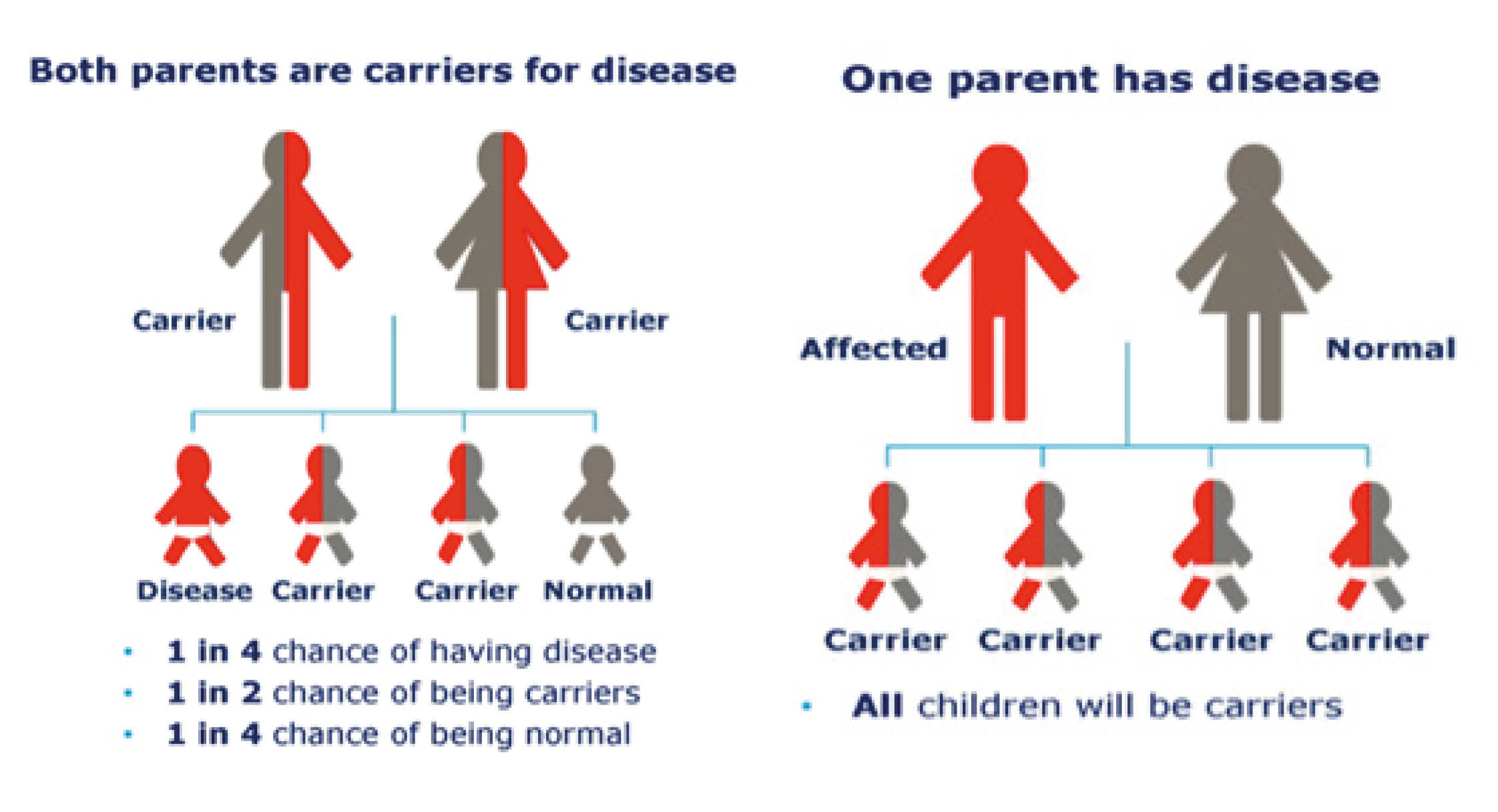Factor VII deficiency
Information for patients, parents, and carers from the Haemophilia Centre
What is factor VII deficiency?
Factor VII deficiency is a rare condition that affects blood clotting. It affects around 1 in 300,000 to 500,000 people in the UK.
People with a factor VII deficiency do not bleed any faster, but may bleed for longer than expected.
Having factor VII deficiency should not affect everyday life. Most of the bleeding problems that happen tend to be after an injury, surgery, or dental treatment.
How does factor VII affect clotting?
Factor VII is a protein made by the liver and helps to make your blood clot when there is injury to a blood vessel. If you have factor VII deficiency you do not make enough factor VII for your blood to clot normally, or what you do make might not work as well as it should.
How do you get factor VII deficiency?
Factor VII deficiency is an inherited condition, you are born with it and both men and women can inherit it from their parents.
One set of our genes is inherited from our mother and the other set from our father. Both parents must carry the defective factor VII gene and pass it on for the child to have a more severe factor VII deficiency. Mutations can happen, which mean the gene is unable to make enough factor VII or that what it does make does not work as well as it should.

In conditions such as factor VII deficiency people who have one mutated factor VII gene may have a low factor VII level. Where both parents carry the mutated factor VII gene, there is a one in four chance their child will have both mutated factor XI genes and have a much lower factor VII level, making a more severe factor VII deficiency.
What are the symptoms of factor VII deficiency?
Symptoms can vary and many people have very little in the way of bleeding problems. Spontaneous bleeding (bleeding that happens for no apparent reason) is very rare and usually only happens in those with severe factor VII deficiency.
Levels of factor VII can vary greatly in people too. It is thought that a level of 30% is sufficient for blood clotting. However, the bleeding problems do not always correspond to the levels of factor VII. Some people with very low levels of factor VII do not seem to have any problems with bleeding, whereas some people with a higher factor VII level may have problems. The reason for this variation may be due to how well the factor VII that you do have works.
Common symptoms
In women and girls, heavy and prolonged bleeding during menstruation (known as menorrhagia)
Nose bleeds
Bleeding from gums
Easy bruising
Bleeding after surgery
Bleeding after trauma or injury
Bleeding in the mother at childbirth.
Rare symptoms (usually in those with severe deficiency)
Blood in your urine (known as haematuria)
Bleeding in your stomach or intestines (blood in stools (poo) or black tarry stools)
Bleeding in to your muscle
Bleeding in to your joints (known as haemarthrosis)
Bleeding in to your brain.
How is factor VII deficiency treated?
Day-to-day treatment is not needed for factor VII deficiency. It may however be necessary before and after surgery, dentistry, or trauma.
The need for treatment will depend on:
how severe your bleeding is
the type of surgery or dental treatment you are having
your previous history of bleeding
your family’s history of bleeding; and
your factor VII level.
What are the treatments for factor VII deficiency?
Antifibrinolytic Agents (Tranexamic Acid)
Factor VII Concentrate
Antifibrinolytic Agents (Tranexamic Acid)
Tranexamic Acid works by stopping the early breakdown of a clot that has been made after injury to your blood vessel. Fibrin is a protein that gives the blood clot stability. Tranexamic Acid stops the substances that destroy the fibrin within the clot.
Often it is the only treatment needed for some people with factor VII deficiency and for some procedures. It is particularly useful for mouth bleeding and therefore a very good preventative treatment when you are having a dental procedure.
This treatment is usually given as tablets. You may be asked to crush the tablets in a small amount of water and swish it around your mouth, before either swallowing it or spitting it out (you will be advised by the haemophilia team which is best for you).
Tranexamic Acid is not used when there is blood in your urine, as small clots can occur which can then block your urinary tract and cause you pain.
Are there any possible side effects?
Common side effects are:
nausea (feeling sick) and vomiting
diarrhoea
joint or muscle pain
muscle cramps
headache or migraine
runny or stuffy nose
stomach or abdominal pain.
Other side effects may include skin rash and changes to your colour vision.
Factor VII concentrate (NovoSeven)
Factor VII concentrate is a treatment that replaces the factor VII you are missing. This treatment is recombinant, which means it has been made in the laboratory and does not come from blood donors.
It is given through either a small butterfly needle or a cannula (a small tube into a vein in your arm), directly in to your vein over two to five minutes.
Are there any possible side effects?
Side effects are rare, but include:
mild headache
joint pain
nausea (feeling sick) or vomiting
swelling
mild itching or rash
pain, redness, swelling, or irritation where the medicine was injected.
Where can I find more information about factor VII deficiency?
There are several sources of useful information about factor VII deficiency, including the following.